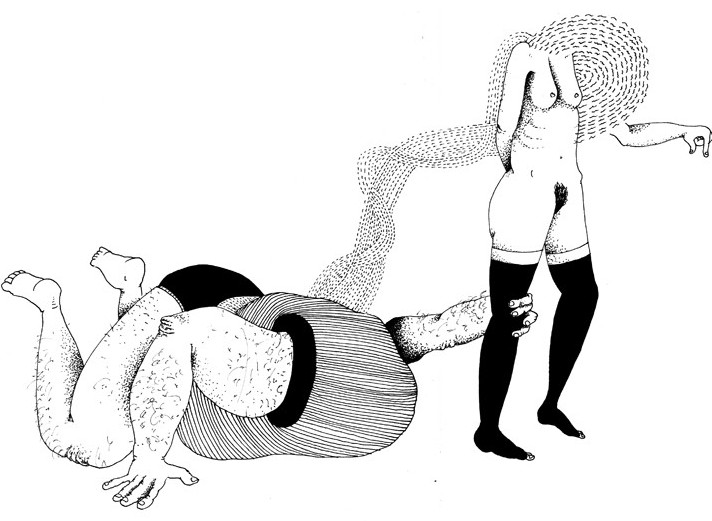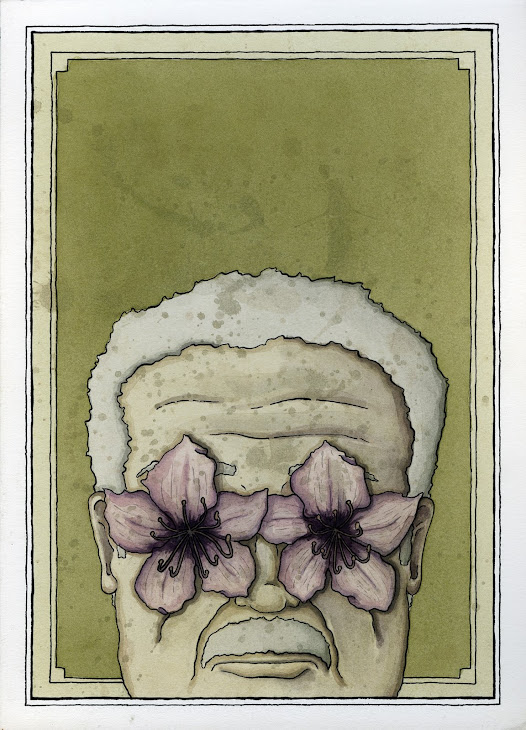Congress Holds Secret Sessions
Last evening, if you happened to be watching C-Span, you would have seen something unexpected, something troubling take place.
You would have seen nothing.
That is, the window which is an essential component of making American "democracy" what it is, i.e., transparency of legislative proceedings in Congress, broadcast 24/7 on the C-Span channels, had a shade over it.
Apparently, if there is a vital matter of national security at hand that must be dealt with exigently, and would disclose sensitive information, Congress can declare a "secret session" take place.
Such secret sessions of Congress have only occurred five times in 183 years.
Being that such an event is so rare - what was the grave national security concern triggering this cloaked meeting?
Should the American people be scared?
Backpedaling
The former democratic presidential candidate and Ohio Senator, Dennis Kucinich, explained, "one of the Republican leaders said that he had some secret information that he had to communicate with rest of Congress, and so he asked the Congress to go into secret session."
The Senator continued, "I went to the floor of the House in that preliminary session and pointed out that this hasn’t happened but five times in 182 years, and I said that there should be a very high bar that has to be passed before we go into secret session. As soon as I said that, the member of Congress who asked for it started to backpedal."
"Backpedal?"
Why would the members of Congress call such a drastic and rather undemocratic measure to be taken, and then proceed to backpedal in their justification for it?
If this really was as important as to call a secret session of Congress wouldn't its rationalization be unquestionable?
If it wasn't a burning security issue, what was it?
Secret Session Employed as Political Tool?
Was this secret session really just political positioning?
Sen. Kucinich answers, "I’m thinking that yesterday there really was an attempt to try to basically use the procedure of a secret meeting to ratchet up the pressure to pass FISA."
FISA, or the Foreign Intelligence Surveillance Act, had been recently expanded by the Bush administration to allow warrantless wiretapping, email monitoring, and internet traffic surveillance of the American public.
FISA has been expired for weeks now as President Bush added to the bill a clause that grants full and retroactive immunity to the telecom companies who have greatly helped the FBI, CIA, and NSA spy without court oversight on Americans.
According to the top Republican on the House Judiciary Committee, Lamar Smith,"Ninety-eight percent of America's communications technology is owned by private sector companies," and so he warned, "without immunity telecommunication companies may stop helping defend the United States."
It seems Congressional Democrats foresaw the real intent of this secret session. Most Republican members attended the secret session while there were very few Democrats.
This is interesting because it is the Republicans in Congress pushing for telecom spying immunity, and it is the Democrats that are preventing it from being passed.
In fact, House Democrats passed a bill today, though it will be vetoed by the President, reserving the right of private citizens to seek legal redress against telecom companies for a violation of their right to privacy.
Repercussions for abuse of secret meetings?
Sen. Kucinich says, "we’ll see if anything was produced in that meeting, because, actually, at any time Congress can vote to release the transcripts, make them public."
Assuming this happens and it is exposed what can happen?
"And if that happens and it wasn’t a serious enough matter, there could be really extreme political repercussions," Kucinich continued, " because we shouldn’t be going into secret session. I mean, there’s a reason why you don’t. You have a House of Representatives; it’s the people’s House. Transparency, it’s essential for a democracy. It’s very dangerous to have these things."
"I think democracy functions much better in the sunlight than in the dark" he said.
Sources:
http://www.democracynow.org/2008/3/14/house_hold_rare_secret
http://www.reuters.com/article/topNews/idUSWAT00914020080314
.jpg)
.jpg)
.jpg)



.jpg)
No comments:
Post a Comment